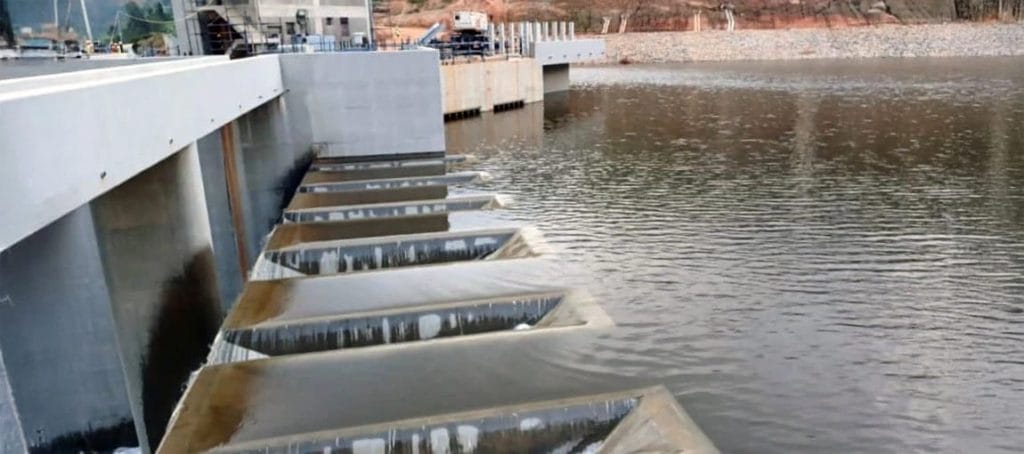Burundi has officially launched the first phase of a $320 million hydropower project aimed at expanding access to electricity in the power-deficient Central African nation. The milestone was marked on Wednesday with the commissioning of the Jiji hydropower plant, one of two facilities under the ambitious project backed by several major international lenders, including the European Investment Bank (EIB), the African Development Bank (AfDB), the World Bank, and the European Union (EU).
The project represents a major stride for a country where energy remains a critical challenge. Currently, only about 6% of Burundi’s population of 13 million have reliable access to electricity. The nation’s total energy generation capacity hovers around 40 megawatts, a figure that falls significantly short of meeting the growing demand across households and economic sectors.
Once completed, the hydropower project will contribute an additional 49.5 megawatts to the national grid—surpassing the country’s existing capacity. The development includes two hydropower stations—Jiji and Mulembwe—constructed on two rivers in southern Burundi. While Jiji has now been brought online, the Mulembwe plant is expected to become operational in the coming months.
In a joint statement, the financing partners emphasized that the added capacity would not only extend electricity coverage to thousands of Burundians but also drive improvements in productivity across key sectors. Health services, educational institutions, agribusiness operations, and information and communication technology (ICT) enterprises are among those expected to benefit directly from improved energy availability.
The increased access to electricity is also expected to have a ripple effect on the overall quality of life in Burundi, enabling better service delivery, supporting economic diversification, and creating opportunities for local industries to grow.
Edward Claessen, head of the EIB’s regional hub for East Africa, underlined the broader significance of the initiative, stating that the hydropower project aligns with the European Union’s strategic commitment to developing clean and sustainable energy infrastructure across the African continent. He noted that such investments are key to advancing global decarbonization goals and building climate-resilient economies.
The commissioning of the Jiji plant marks a pivotal moment in Burundi’s journey toward energy self-sufficiency and sustainability, with the full completion of the project expected to significantly reshape the nation’s energy landscape.



